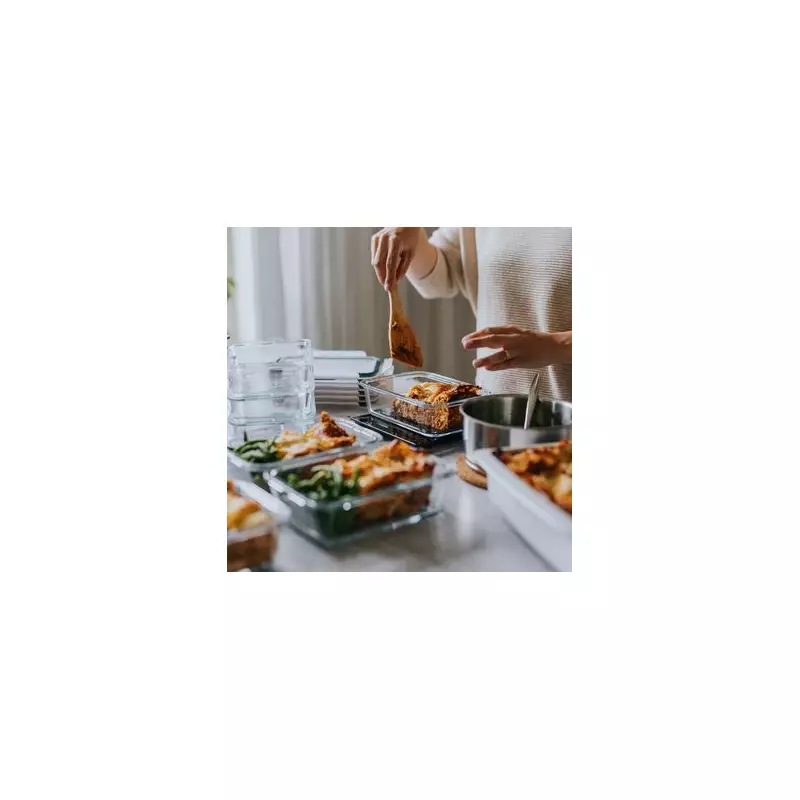
Move over, millennials - there's a new generation claiming the kitchen crown, but are they really the culinary masters they believe themselves to be? Startling new research reveals a significant disconnect between Generation Z's cooking confidence and their actual abilities in the kitchen.
The Confidence Gap in Modern Cooking
A comprehensive survey of British adults has uncovered that while 68% of Gen Z respondents rated their cooking skills as "excellent," the reality tells a different story. This young generation, typically defined as those born between 1997 and 2012, appears to be suffering from what food experts are calling "culinary overconfidence."
Millennials: The Unexpected Kitchen Champions
Contrary to popular stereotypes about avocado toast and expensive coffee habits, millennials have emerged as the true kitchen pros. The data shows that those aged 27-42 consistently demonstrate more diverse cooking techniques, broader recipe knowledge, and better understanding of flavour combinations than their younger counterparts.
What's Cooking in Gen Z's Kitchen?
The research highlights several key areas where Gen Z's cooking habits differ significantly:
- Reliance on convenience: Pre-packaged meals and quick fixes dominate their culinary repertoire
- Social media influence: TikTok and Instagram recipes take priority over traditional cooking methods
- Basic skill gaps: Many struggle with fundamental techniques like proper knife skills and temperature control
- Speed over substance: Quick meals valued more than developing complex flavours
Why This Confidence Disconnect Matters
Food psychologists suggest this overconfidence could have long-term implications for nutritional health and cooking literacy. "When people overestimate their cooking abilities, they're less likely to seek improvement or learn new skills," explains Dr. Sarah Jenkins, food behaviour specialist. "This can lead to repetitive, often less nutritious meal choices."
The Silver Lining: Gen Z's Kitchen Strengths
It's not all bad news for the younger generation. The research did identify areas where Gen Z excels:
- Food experimentation: More willing to try international cuisines and fusion cooking
- Dietary awareness: Better understanding of dietary requirements and restrictions
- Sustainability focus: More conscious of food waste and ethical sourcing
- Tech-savvy cooking: Excellent at using digital tools and apps to enhance their kitchen experience
As the culinary landscape continues to evolve, this generational divide in cooking confidence versus competence raises important questions about how we teach, learn, and value cooking skills in the digital age. One thing is clear: there might be more to being kitchen royalty than just believing you wear the crown.





